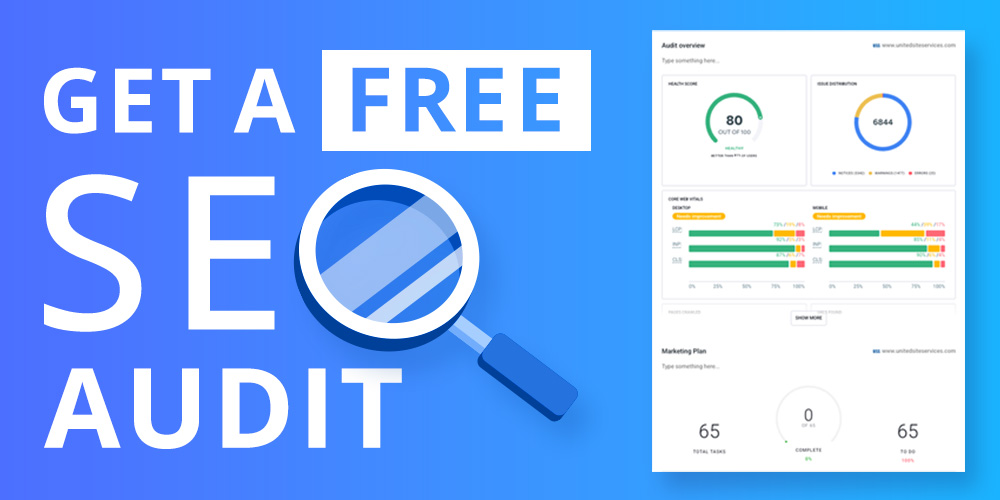


L’analyse de la statistique selon laquelle 72 % des clients B2B s’attendent à une expérience entièrement ou principalement personnalisée dans les magasins de commerce électronique B2B met en lumière l’évolution des attentes sur le marché B2B et décrit les implications pour les plateformes B2B.
Les attentes en matière d’expériences personnalisées dans le secteur B2B sont principalement motivées par la transformation numérique qui a imprégné tous les aspects du comportement des entreprises et des consommateurs. Alors que les plateformes B2C ont relevé la barre des interactions personnalisées grâce aux informations basées sur les données et à l’IA, les acheteurs B2B anticipent désormais un niveau similaire d’attention individualisée dans leurs transactions professionnelles. Cette demande est encore alimentée par la disponibilité de l’analyse de données et les technologies d’IA qui rendent expériences plus réalisables et pratiques.
De plus, la complexité et la spécificité des transactions B2B, où les besoins peuvent varier considérablement d’un client à l’autre, soulignent la valeur de la personnalisation. Les expériences personnalisées peuvent aider les acheteurs à faire leurs choix plus efficacement, ce qui rend les achats plus rapides et plus satisfaisants.
Les attentes accrues en matière de personnalisation transforment la façon dont les plateformes B2B abordent l’engagement des clients et les stratégies de vente. Il ne suffit plus de fournir une solution unique ; Les plateformes doivent désormais exploiter les données des clients pour proposer des recommandations, du contenu et des solutions sur mesure qui s’alignent sur les besoins de chaque entreprise.
Ce virage vers la personnalisation est en train de changer la dynamique de la fidélisation des clients dans le secteur B2B. Les entreprises sont plus susceptibles de s’en tenir à des plateformes qui comprennent leurs besoins et préférences uniques, ce qui permet d’établir des relations à plus long terme et d’augmenter la valeur vie du client.
Pour les plateformes B2B, répondre à la demande d’expériences personnalisées nécessite une stratégie à multiples facettes. L’intégration de technologies avancées d’analyse de données et d’IA pour collecter et analyser les données des clients à travers les points de contact est essentielle à cet égard. Ceci Les données peuvent ensuite informer contenu, recommandations de produits et messages marketing personnalisés.
De plus, les plateformes B2B doivent s’assurer que leurs efforts de personnalisation sont évolutifs et flexibles, capables de s’adapter à l’évolution des besoins et des préférences des clients. Cela peut impliquer d’investir dans des systèmes CRM robustes, des capacités d’apprentissage automatique et des plateformes de diffusion de contenu dynamiques.
La confidentialité et la sécurité des données deviennent également plus critiques à mesure que les plateformes collectent et utilisent les données des clients. Assurer la conformité aux réglementations en matière de protection des données et maintenir la confiance des clients est primordial dans un environnement de commerce électronique B2B personnalisé.
L’attente de 72 % de B2B clients pour des expériences personnalisées souligne un changement significatif dans le paysage du commerce électronique B2B. La personnalisation est aujourd’hui essentielle pour attirer et fidéliser les clients, sous l’impulsion de l’évolution numérique et de la nature complexe des transactions B2B. Pour les plateformes B2B, cela signifie l’adoption d’analyses de données sophistiquées, l’IA et Des outils de gestion de la relation client pour offrir des expériences sur mesure à l’échelle. Ce faisant, ils peuvent améliorer la satisfaction des clients, favoriser la fidélité et, en fin de compte, stimuler la croissance sur le marché concurrentiel B2B.

"*" indique les champs obligatoires

"*" indique les champs obligatoires

"*" indique les champs obligatoires
Laisser un commentaire
Tu dois être connecté pour poster un commentaire.